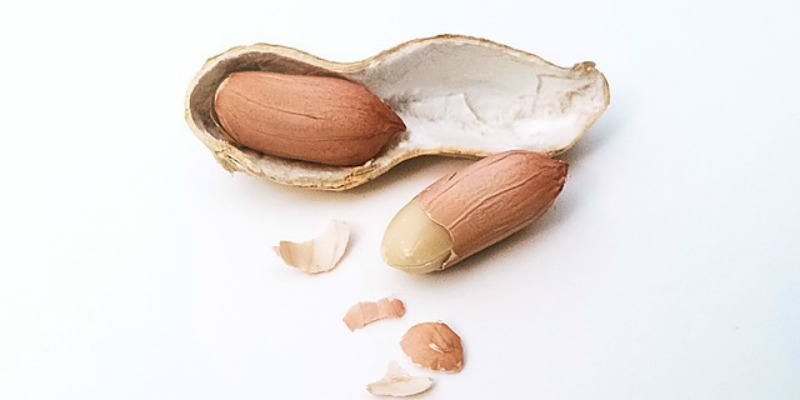I used to love peanut butter. Actually, I still love it. Unfortunately my relationships with it can be described as bitter sweet. And that’s probably the case for many other people. Have you noticed a feeling of heaviness after you eat peanuts or peanut butter? Have you ever wondered why so many people are allergic to peanuts? I know we all associate peanut butter with childhood memories and for many it’s a feel good comfort food, but the truth is we should probably avoid peanuts and consequently peanut butter. Let me present the case against peanuts and you can decide for yourself.
The Case Against Peanut Butter. Why even Organic Peanut Butter is Bad for You
Peanuts Contain Dangerous Toxins
First, we need to clarify one major thing about peanuts – they are not nuts. They are legumes. They belong to the same family as beans. Compared to nuts, peanust have a very soft outer shell and they grow underground which make them very susceptible to toxins. One of the main toxins is aflotoxin. Aflatoxin is a type of mycotoxin produced by Aspergillus molds. Aflatoxins are very toxic and highly carcinogenic. Aflatoxin is a known carcinogen associated with liver cancer. It’s also associated with growth and development impairment in children. Unfortunately, buying organic peanuts doesn’t save us from this toxic carcinogen; it’s just the nature of peanuts. Thus, eating peanuts, even in small amounts, over a long period of time just doesn’t look like the best idea.
Peanuts contain anti-nutrient lectins
Legumes such as peanuts contain anti-nutrient lectins. These are sticky proteins which are almost impossible to digest. Lectins have been shown to strip away mucous from the small intestine, which is one of the main culprits and cause of many autoimmune diseases like IBS, Crohn’s, colitis, thyroiditis, fibromyalgia, chronic fatigue syndrome and arthritis. Now, it is true that most foods contain lectins, however certain foods have a high concentration of this substance (such as legumes and grains). Legumes also cause “Leaky Gut” which leads to increased inflammation in your gut.
Peanuts are Strong Allergens
The peanut allergy epidemic is everywhere. Almost every other child is allergic to peanuts. This is because peanuts are also listed as one of the most common food allergies for humans. They contain several proteins not found in most other foods. So when a person’s immune system identifies these certain proteins contained in peanuts as a potential threat it produces antibodies to counter the perceived danger to the body. This is how peanuts cause allergic reactions.
Peanuts Cause Inflammation
Peanuts are loaded with omega-6 fats that disrupt our omega 3:6 ratio. About 30% of the fatty acids in peanut butter are Omega-6 fatty acid linoleic acid. Excessive intake of Omega-6 fatty acids leads to inflammation and an increased risk of cardiovascular disease. Omega-6 is only beneficial for our bodies if the ratio of Omega-6 and Omega-3 is 3 to 1.
Also, peanuts are one of the most pesticide-contaminated crops. If you do choose to eat peanut butter, this is the reason to buy organic.
With all of the potential health dangers associated with peanuts, I avoid eating peanut butter (even the organic varieties). There are many healthier options such as almond (here) or other raw nut butters.
This content will be shown after all post